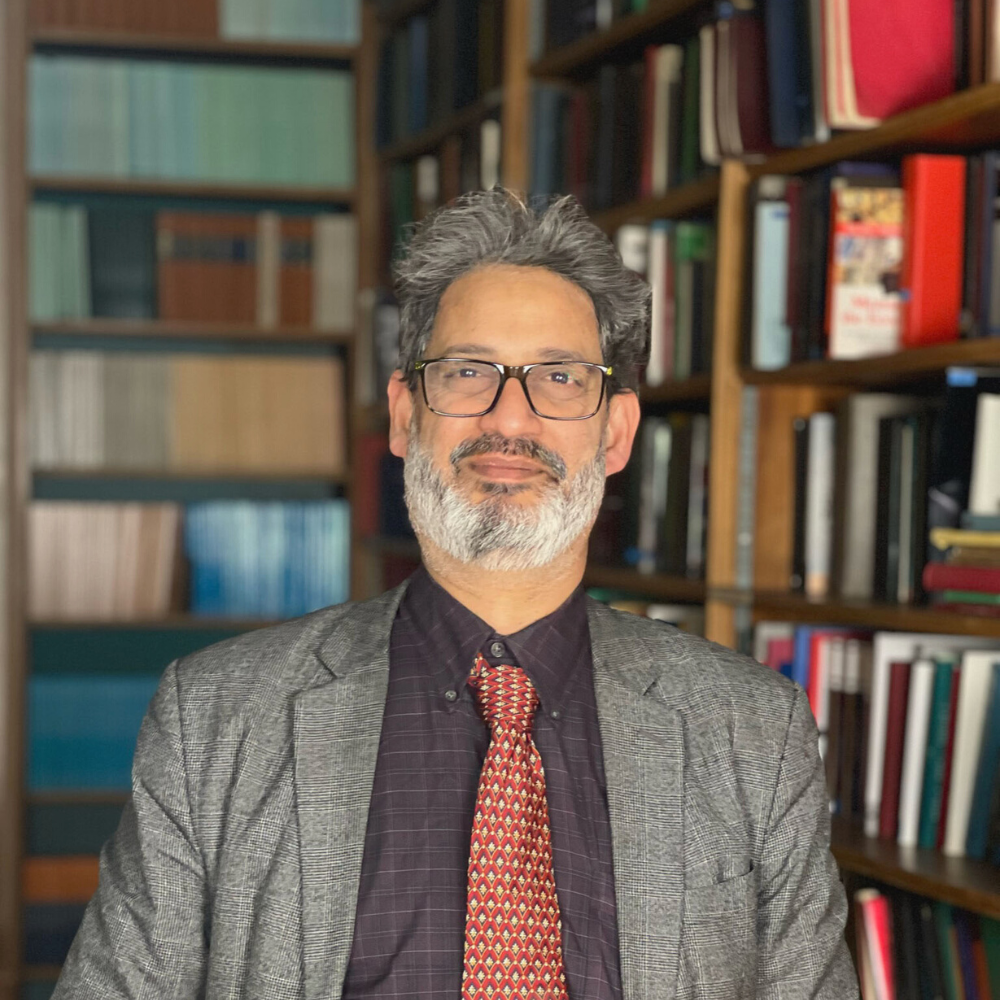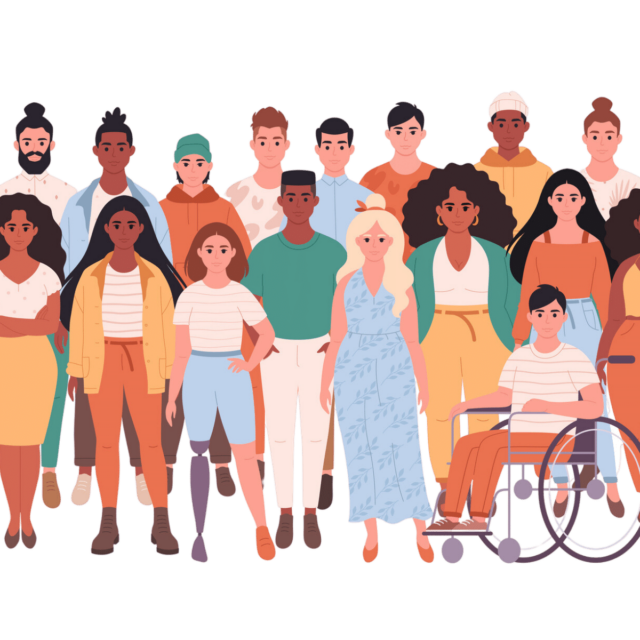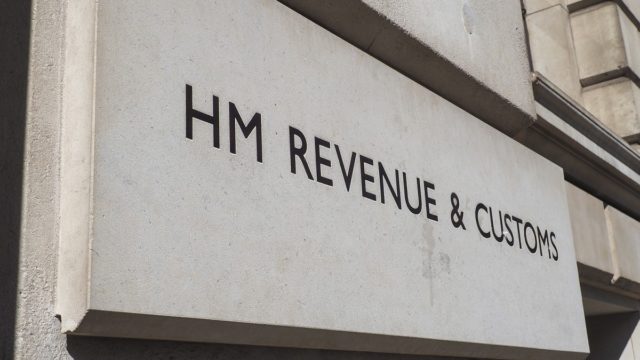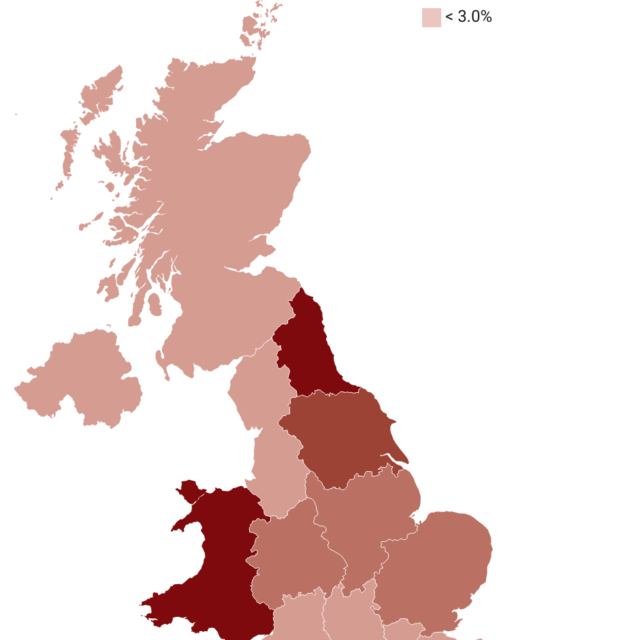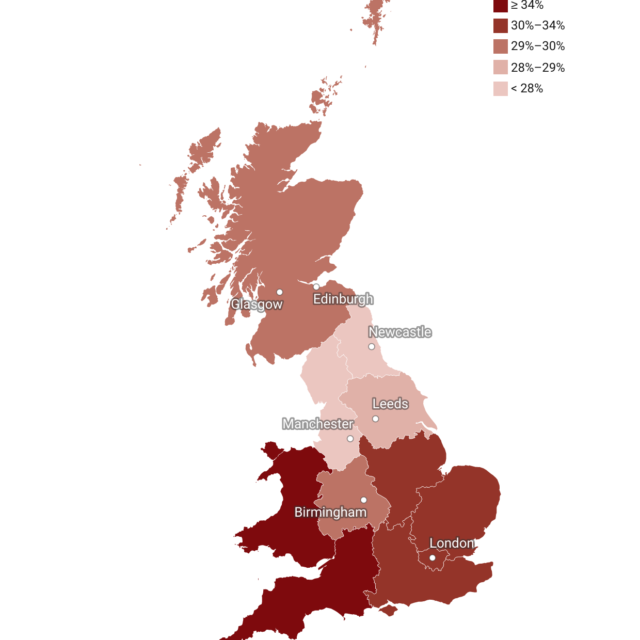Evaluating a ‘Minimum Income Guarantee’ and Modelling Major Income Supplementation Policies: A Development Award
Economic conditions are well-recognised as key drivers of health and wellbeing inequalities. There is considerable interest in using major income supplementation policies (MISPs) such as Universal Basic Income to reduce such inequalities. Evaluating such interventions is challenging because they give rise to cascades of complex causal, temporal, and spatial effect dynamics. We aim to overcome some of these challenges by applying a systems lens to the problem, building towards two planned future studies: 1) evaluating the introduction of a Minimum Income Guarantee (MIG) in Scotland; and 2) using policy modelling techniques to explore potential health effects of a range of MISPs.

Summary & aims
How much money people have can have a big effect on their health. Richer people tend to live longer and have fewer health problems. People’s incomes are affected by many things including work, tax and benefits, and how well the economy is doing. How these things affect each other and impact health can be complicated, and so policies can lead to unexpected outcomes. This situation, where elements work together to create something unpredictable, is often described as a ‘complex system’.
A policy idea which has become popular is Universal Basic Income (UBI). A UBI gives everybody an agreed amount of money regularly, no matter who they are or what they do. This is very different from our current benefits system where often only people judged to have specific needs receive money. Given what a major change this would be, it is hard to know how UBI and similar radical policies might impact health and whose health might be most affected. In the longer term, we want to use research methods designed to explore and better understand complex systems to answer these questions, looking at the health effects of UBI or similar policies (which we call major income supplementation policies (MISPs)). In this project, we will prepare for these future studies with development work.
The first step of our development research will involve creating diagrams called systems maps, which set out the most important things influencing the relationship between income supplementation policies and health. These will be created over several months through a set of workshops involving policymakers, members of the public and charities. We will use these system maps to help develop plans for two different studies testing how MISPs affect health. The first study would assess the effect of a specific policy expected to be introduced in Scotland, and the second would use computer simulation models to predict effects of a few different MISPs so that policy makers can compare their likely intended and unintended effects and decide on the best option. At the end of this project, our goal is to be ready to begin these studies.
To prepare for the first study, we will work with the Scottish Government and others to develop an evaluation plan for a future policy called the Minimum Income Guarantee (MIG). MIG is similar to UBI, but instead of everyone getting a payment, existing benefits would increase to make sure everyone has enough money to live a healthy life. By working closely with those designing MIG over many months, we will be ready to start an evaluation of the health effects as soon as the policy goes ahead. To prepare for the second study, we will explore different approaches to computer simulation modelling, and test how well suited they are to study MISPs and health. Our team already have two existing simulation models which look at different parts of the economic system, so we will spend time exploring how to combine them. This will allow us to develop a clear plan of the best approach for a computer simulation in a future study.
We want to be sure we study policies the public and policymakers think are important. We want to study the impacts that matter most too. To be sure of this, we will work carefully with stakeholders to decide on both things through a series of workshops. We will also put in place plans to run more detailed research gathering the views of the public in our two future studies, using those views to shape our research plans over time.
Our ultimate aim is to model and evaluate the population health impacts of innovative MISPs in a UK context, working in partnership with policymakers, the public, and other stakeholders. In the four work packages (WPs) in this development award, we will carry out development work which will make this aim achievable in future applications.
Our specific research questions for this development award are:
- How do the economic determinants of health interact with Major Income Supplementation Policies (MISPs) to shape population health and health inequalities?
- Using an evaluability assessment approach, what are the evaluation options for studying Scotland’s proposed ‘Minimum Income Guarantee’ (MIG) policy, and what are their relative strengths and limitations?
- What policy simulation approaches are best for exploring MISPs and how can they be implemented?
- Which policy scenarios and impacts are of most interest to policymakers, the public, and other stakeholders?
Methodology
As development work towards this future research, we will complete four work packages (WPs). In WP1 (months 1-6), we will theorise the system surrounding MISPs to generate a set of systems maps, drawing on our prior work and conducting participatory systems mapping workshops with attendees from relevant stakeholder groups (e.g., local and national policymakers, third sector organisations, those with lived experience of economic/health inequalities). We will focus on the dynamic interdependencies between individual income, population-level income distribution, and health. The systems maps will influence planning of subsequent WPs and the future research.
In WP2 (months 1-12), we will apply our pioneering structured approach to evaluability assessment to MIG, facilitated by our inclusion and co-chair role on the Scottish Government MIG evaluation subgroup from autumn 2022. Through one-to-one interviews and stakeholder evaluability workshops, we will produce a clearly defined and agreed evaluation plan should MIG proceed to implementation.
In WP3 (months 1-12), we will explore two methodological approaches to MISP policy modelling. First, we will explore the potential to integrate our existing Health Equity and its Economic Determinants (HEED) microsimulation model with a computable general equilibrium (CGE) model of the macroeconomy created by the National Institute for Economic & Social Research (NIESR). This would allow MISPs to influence the macroeconomy (e.g., allowing reduced work incentives for individuals to alter employment or interest rates, or increased productivity to influence economic growth) with this then propagating to future health and economic outcomes, incorporating crucial complexities that cannot be included by microsimulation alone. Second, we will explore the potential of using agent-based modelling to evaluate health effects and emergent properties of MISPs, as these allow for interactions between individuals in the computer simulation (which microsimulation typically does not). Finally, in WP4 (months 4-12) we will clearly define preferred MISP scenarios and outcomes for future modelling based on public and stakeholder engagement, including prioritisation workshops and planning for use of deliberative methods in the definitive studies.
This project is a collaboration between University of Glasgow (lead), NIESR, the Poverty Alliance, University of Essex, University of Lancaster and University of Manchester.
Co-Investigator
